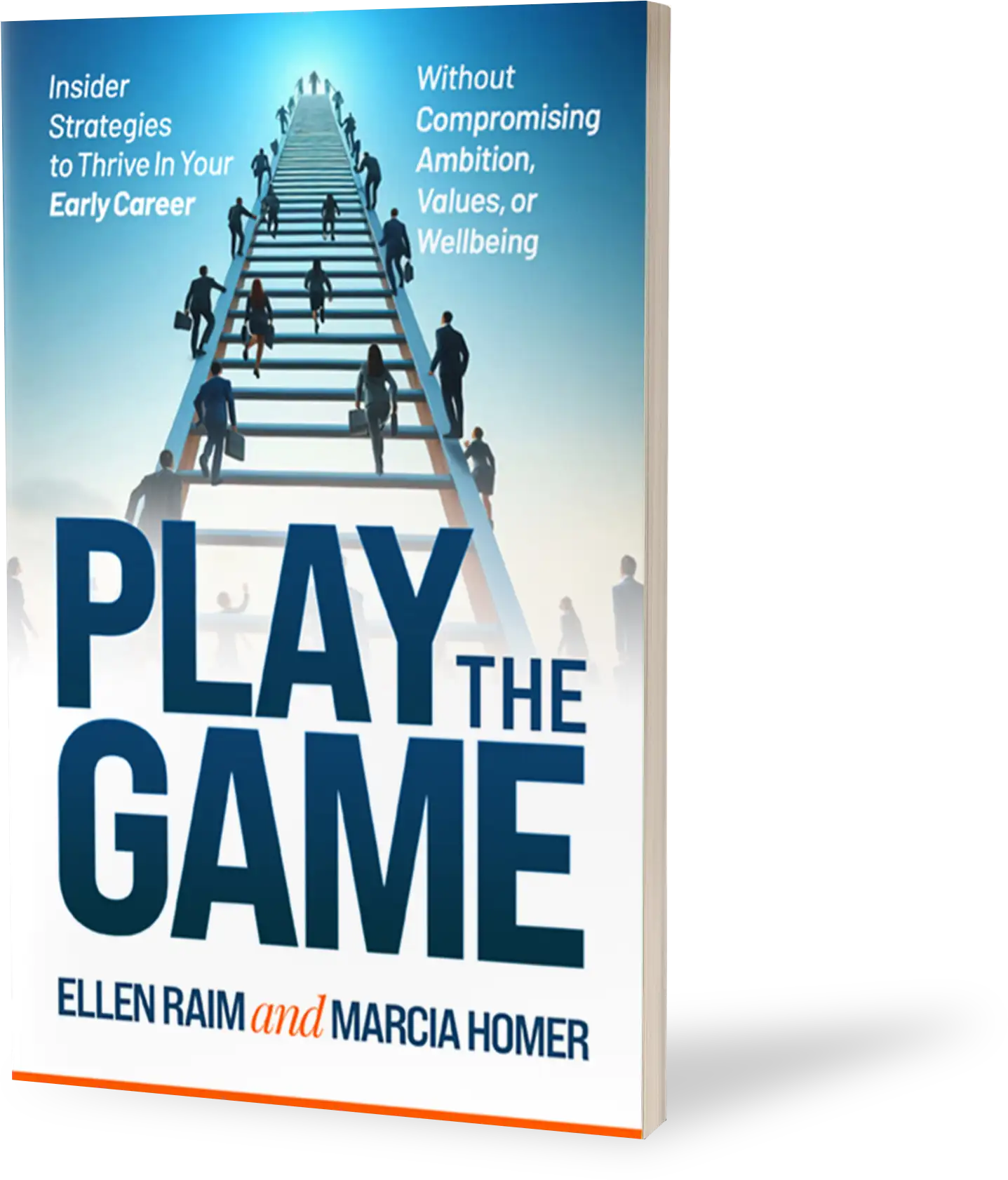I work with early-career professionals. I want to make sure I’m giving them the best possible advice—the kind that actually makes a difference. So I decided I would talk to senior professionals about what they did to climb the ladder and distill the best information from those interviews.
I asked 25 senior professionals:
“What do you wish you had known earlier in your career?”
Two of them gave the same simple but powerful answer:
“Don’t die on every hill.”
It sounds obvious—until you’re in the moment, fighting over an email phrasing, a meeting invite, or the way a project gets structured. It’s easy to think, especially when you are early in your career, that standing your ground on everything shows strength. But sometimes, it just makes you difficult to work with.
In my research, I discovered that Steve Jobs had to learn this lesson the hard way.
Apparently early in Apple’s history, Jobs fought everything. He actually argued about fonts. He had to be right, had to get his way, and had to control every detail. And in 1985, it got him fired.
The board, his colleagues, even his own team eventually, got tired of battling with him. He was brilliant, yes, but he was also exhausting.
When Jobs returned to Apple a decade later, he had learned a crucial lesson: Not every battle is worth fighting. This time, he focused on the things that actually mattered. Instead of micromanaging every debate, he zeroed in on the big picture—streamlining Apple’s products. The result? Apple became the powerhouse we know today.
At work, if you fight over every issue, people stop listening. If you focus your energy on what truly moves the needle, you gain influence. Success isn’t about winning every argument. It’s about knowing which ones are worth the fight.
How to Know If it’s a Hill to Die On
Learning not to “die on every hill” isn’t about avoiding conflict—it’s about choosing the right battles. The most effective professionals develop self-awareness and prioritize the truly important. Here’s how you can start:
- Identify What is Really Important
Not every issue requires the same level of energy. Take a step back and ask yourself: Does this align with what actually matters to me? If it’s tied to your key beliefs—like integrity, career growth, or a critical project outcome—it might be worth the fight. If it’s just about personal preference, ego, or a minor inconvenience, it’s better to let it go.
- Practice Self-Reflection
Before pushing back on something, take a moment to assess your reaction. Is this really significant? Will it have a long-term impact, or will it just be a lot of effort for little gain? Professionals who pause before reacting tend to make better strategic decisions.
- Recognize the Power of Compromise
Compromise isn’t losing—it’s playing the long game. In many cases, finding middle ground builds stronger relationships and leads to better outcomes than forcing your way through.
- Develop Emotional Intelligence
Disagreements trigger strong emotions in everyone involved, and unchecked emotions can make small conflicts feel bigger than they are. Those of us who master emotional intelligence by recognizing their triggers, managing their responses, and reading the room, build credibility and influence.
- Focus on the Bigger Picture
Before engaging in a workplace battle, ask yourself:
- Will this decision still matter in a week? A month? A year?
- Will pushing this issue benefit my long-term goals?
- Does this strengthen my reputation, relationships, or future opportunities?
People who do this well don’t just react; they think carefully about where to invest their energy.
Frameworks to Help You Decide
If you’re unsure whether to engage, structured decision-making and conflict models can help:
- Thomas-Kilmann Model: Outlines five conflict strategies—collaboration, accommodation, competition, avoidance, and compromise—so you can match your response to the situation.
- Rational Decision-Making Model: A six-step process that helps you weigh the pros and cons before choosing whether to engage.
Sun Tzu famously said, “He will win who knows when to fight and when not to fight.” The same applies in the workplace. Those of us able to pick our battles wisely succeed.
The two senior professionals who shared this wisdom with me didn’t master this skill early in their careers—but they wish they had. The sooner one learns when to let go, the sooner they understand the game—and know how to win it.
#earlycareer #careeradvice #worksmart #leadershipdevelopment #professionalgrowth #conflictresolution #emotionalintelligence #pickyourbattles #stevejobs #communicationtips #strategicthinking
